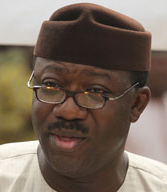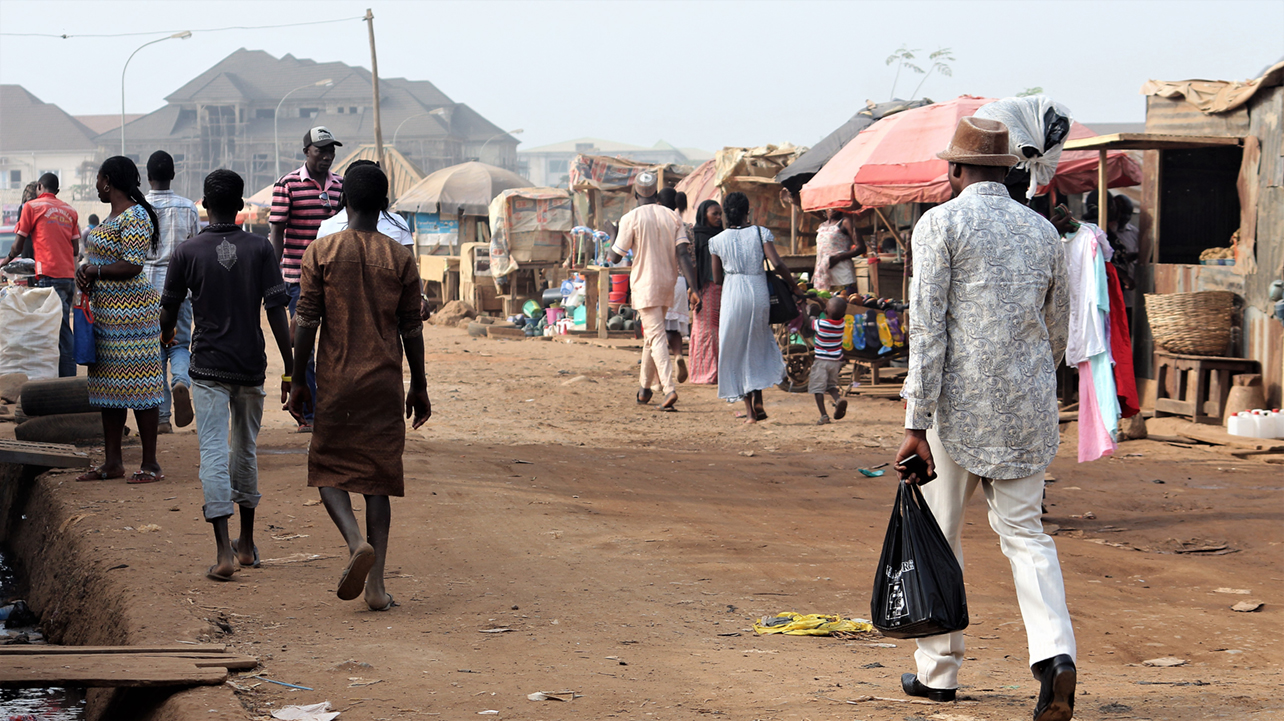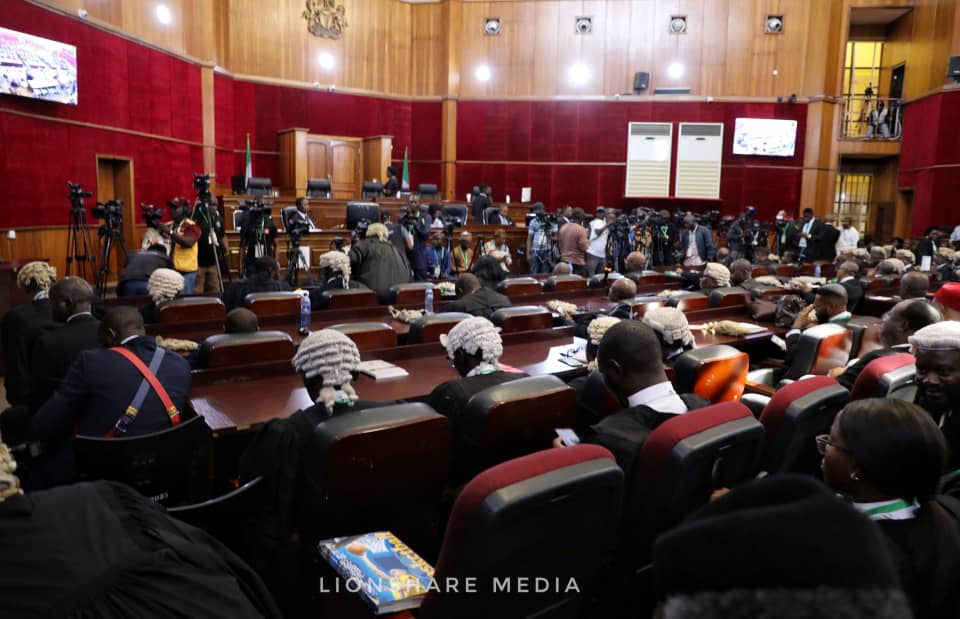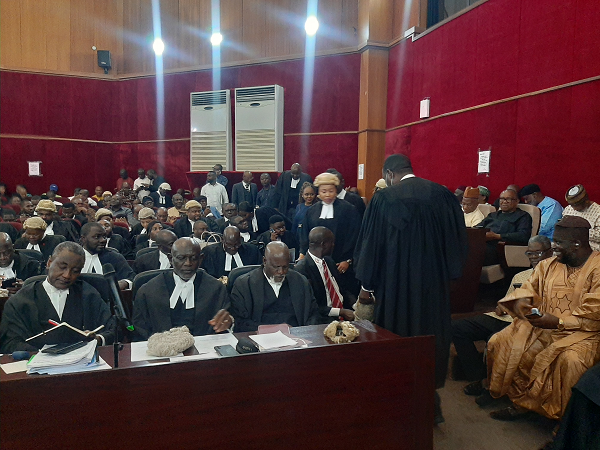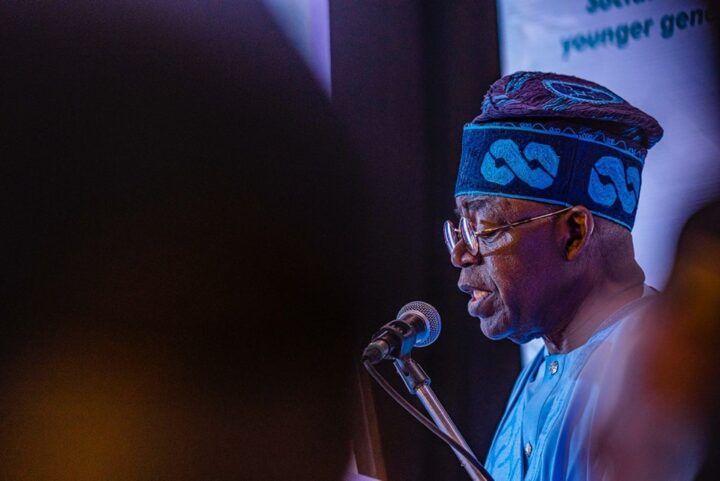(Photo, UNDP Nigeria/Lucky Musonda)
The second stanza of our national anthem ends with an infinitive that underlines that nation-building is an unending search for perfection. It says: “To build a nation, where peace and justice shall reign.” For the next one thousand years, no matter the progress we have made, as long as this country continues to exist, generations after generations, will continue to seek “to build a nation, where peace and justice shall reign.”
It is credit to the genius of whoever invented that line that both the mission and the means to achieve the mission are captured in one simple phrase. The path to nation-building is peace, the path to peace is justice, and the path to justice is equity and inclusion. Even for Americans who coined the mantra, of “a more perfect union’, it was done out of the understanding that the work of nation-building is never done. If a country like the United States, forged out of a common purpose and common consent, perpetually seeks to make a more perfect union, we have no excuse to give up on the task of nation-building in Nigeria.
Permit me to return to Ben Okri, who wrote in the same book, The Famished Road, that “each new generation begins with nothing and with everything. They know all the earlier mistakes. They may not know that they know, but they do. They know the early plans, the original intentions, the earliest dreams. Each generation has to reconnect the dreams for themselves. They tend to become a little wiser, but don’t go very far. It is possible that they now travel slower, and will make bigger mistakes. That is how they are as a people. They have an infinity of hope and an eternity of struggles. Nothing can destroy them except themselves and they will never finish the road that is their soul and they do not know it.”
Okri tells us that the work of nation-building is for all generations. And how far each generation is able to go on the journey to nation-building and the attainment of greatness depends on the aggregate character and predilections of that generation. Perhaps, as products of a specific period of our history and national experience, we are distrustful of change even if change is what our situation recommends. We must however take note that the generation that wants to take over from us are products of a different historical experience. A great number of young Nigerians who marched on the streets in the EndSARS protest never lived under military rule. They are akin to the people post-apartheid South Africans refer to as the “born free” generation. Because they can take the fact of democracy for granted, it is difficult for them to see democracy as an end in itself. What really matters to them is what democracy can do for them, how it can work for them and how it can help to facilitate their dreams. Nurtured on the cusp of some of the most rapid transformations in human history, they are less fearful of change and experimentation. If it is not working, they want it fixed.
Advertisement
In responding to the challenges that this moment imposes on us, we must recognize that a business-as-usual approach will no longer be sufficient. What we need is a fundamental re-engineering of our governance system in a way that will make our country work better for everyone.
In our quest towards making Nigeria work, therefore, the main challenge is one of re-creating the union and the basis of its fundamental national association. Unfortunately, this is one issue that we have allowed to be implicated in our instinctive mutual suspicion and unnecessary brickbats.
Caught in our politics of difference and otherness, devolution, decentralization, restructuring and other concepts have come to mean different things to different people, depending on the ethnic and regional toga they wear. Our age-long distrust and suspicions of one another are now being tested and contested on the basis of this issue that should be the pivot of our nation-building effort. However, stripped of all opportunism and dysfunctional baggage, these concepts should simply refer to a way to re-imagine and reinvent our country to make it work well for everyone.
Advertisement
I associate fully with the views of respected scholar and former Chairman of INEC, Professor Attahiru Jega when he said that: “sooner than later, these matters have to be addressed squarely but dispassionately. The challenge is how to address the issue of restructuring the Nigerian federal system without upsetting the apple cart; that is, how to add value to the structure and systemic efficacy of the federal arrangement, without unleashing instability occasioned by the mobilization of ethnic, regional and religious sentiments and identities.” [Jega:2017]
I will argue therefore, that our idea of restructuring must be motivated only by our generational responsibility to perfect our union and to build a nation where peace and justice shall reign based on an operative principle that true greatness lies in building a country that works for everyone, regardless of the language they speak, or how they understand and worship God.
Fayemi, former governor of Ekiti State, is a Visiting Professor at the School of Global Affairs, King’s College, University of London, England. The article which continues in part 4 is an excerpt from a Keynote Address delivered at the National Dialogue on “How to Make Nigeria Work” in commemoration of the 60th Birthday Celebration of Professor Udenta Udenta, founding Secretary General of the Alliance for Democracy.
Advertisement
Views expressed by contributors are strictly personal and not of TheCable.
